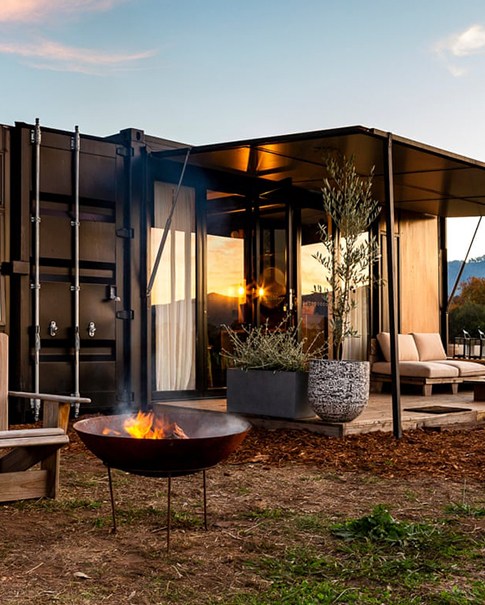In an age where flexibility, sustainability, and affordability have become priorities in housing, expandable container houses are emerging as a revolutionary solution. These modern structures—built from modular steel frames and insulated panels—are redefining how people approach home ownership, remote workspaces, and travel accommodations. The concept is simple yet powerful: a compact unit that expands upon installation, providing increased living space without sacrificing mobility or structural integrity.
Expandable container homes are prefabricated modular units that can be transported as a compact container and unfolded on-site into a larger, livable space. Typically constructed with durable galvanized steel frames and insulated sandwich panels, these living houses are designed to be weather-resistant, energy-efficient, and long-lasting. Unlike traditional fixed structures, expandable units offer a unique advantage—they can be easily relocated, expanded, or customized to fit the user’s specific needs.
Most expandable container homes come pre-installed with essential utilities such as electrical wiring, plumbing systems, windows, and doors. The interior layout can include a bedroom, bathroom, kitchen, and living area—all within a structure that can be set up in a matter of hours.
Why Choose Expandable Container Mobile Houses?
1. Mobility and Quick Installation
One of the biggest advantages of expandable container prefabricated houses are their ease of transport and installation. Delivered in a compact form—usually no larger than a standard shipping container—these homes can be transported by truck, ship, or rail to almost any location. Upon arrival, the unit can be expanded to two or even three times its original size, ready for occupancy within a single day.
2. Cost-Effectiveness
Expandable container modular houses are far more affordable than traditional brick-and-mortar buildings. With a factory-based manufacturing process, costs are predictable and controlled, reducing construction delays and unexpected expenses. This makes them ideal for first-time homeowners, temporary housing projects, or businesses looking for mobile offices or worker accommodations.
3. Sustainability
Environmental sustainability is at the heart of the steel container house movement. The materials used—often recycled steel and eco-friendly insulation—result in lower carbon footprints compared to traditional construction. Additionally, because the houses are prefabricated, there is minimal construction waste and reduced on-site environmental impact.
4. Customizability
Expandable container luxury houses are highly customizable. Buyers can choose from a variety of layouts, sizes, interior finishes, and color options. Whether you need a single-bedroom unit for off-grid living or a multi-room setup for a mobile clinic or school, the design flexibility ensures the space fits your unique requirements.
5. Durability and Safety
These prefab houses are built to withstand extreme weather conditions, including heavy rain, strong winds, and even earthquakes. The steel frame structure ensures stability, while the insulated panels maintain comfortable interior temperatures, making them suitable for various climates.
